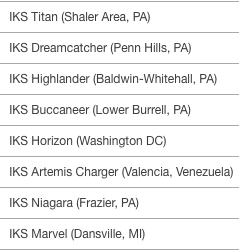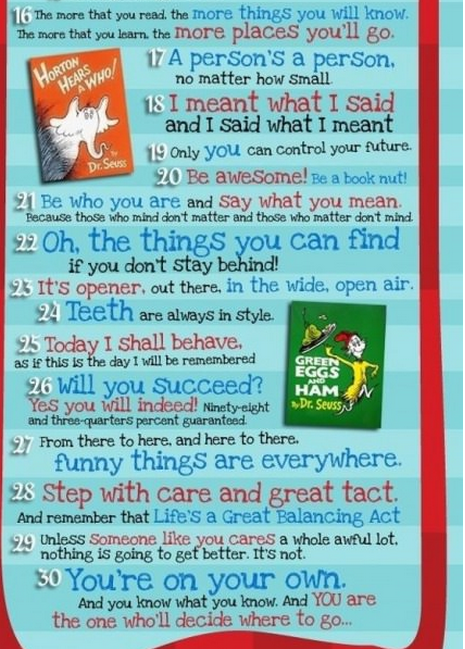 |
| The original paper helm station for the classroom starship Pegasus. |
I'm often asked, "How did this place [the Space Center] get started?" It's a story I've shared hundreds of times over the last thirty years. Many of you Troubadours know the story so I'll be brief.
Spring 1983. Because of a clerical mistake at BYU, my 3rd grade student teaching assignment in Springville was mistakenly given to another student. I was called into the education department office and asked if I'd be kind enough to take a 6th grade student teaching position at Central Elementary School in Pleasant Grove. Mr. Mike Thompson was to be my cooperating teacher. I didn't know where Pleasant Grove was but gladly took the assignment; I liked the 6th grade curriculum and the more mature students.
 |
| My 6th Grade Student Teaching Class. Mr. Thompson is on the left. Mr. Emal (principal) on the right. This was their class picture taken in September 1982 |
Mr. Thompson asked me to teach the space science unit. Knowing this unit would make up a large part of my student teaching grade, I wanted to impress my professor with something out of the box and unusual. I decided to copy Carl Sagan's Cosmos TV series and take the class out into space to witness first hand what I was teaching. Classroom computers were unheard of in the Spring of 1983 so I created poster board controls for the student's desks. I drew most of my visuals (tacticals) on overhead projector plastic 81/2 by 11 sheets and ran the simulations from behind my desk with an overhead projector. My cassette player boom box provided the music. My voice did the sound effects and different voices and accents for my main engineer, computer, and aliens.
That spring, the class and I took several voyages into space. The professor was impressed and gave me an A. Mr. Thompson enjoyed it and wrote me up a glowing recommendation. My student teaching ended with a job offer. Mr. Frandson, the other sixth grade teacher in room 20, announced his retirement and the job was offered. The rest, as they say, is history.
 |
| The poster board weapons and engine controls. The wear and tear speaks of the many missions and hours of fun this poster provided my students over those many years. |
 |
| Some of those first young Starfleet Officers on the school's field day, the only day of the year they were allowed to wear shorts. |
 |
| These young Starfleet officers are in their mid 40's today |
 |
| Here you go, the USS Pegasus sensors station. |
 |
| You can't spend all day in space. These young Starfleet officers are on a field trip to Hogle Zoo. |
 |
| The ship's transporter station. Yes, the dials actually spin |
 |
| All work and no play makes for a dull Starfleet officer. Here is the sixth grades flag football team. I helped coach that year. We did very well. |
 |
| They are all grown up now with kids and grandkids of their own. |
 |
| The navigation station. I used water based markers to hand draw a map of the sector on the plastic covered top section. The students used rulers and protractors to plot and speak their courses. |
 |
| One of the engineering posters for the USS Pegasus. |
 |
| The communications poster controls. |
 |
| There I am with my class of young Starfleet officers enjoying a bit of rest and relaxation on an alien world somewhere near the galactic core. |
Two weeks ago Kyle walked into my classroom at Renaissance with the poster controls. They had found their way back from obscurity and welcomed as true pieces of art testifying to the history and beginnings of today's Space EdVentures movement.
I'm considering the future of these controls. For sure they will be framed and preserved. Perhaps they will return to the new Central School and displayed in the new Space Center. Perhaps they'll be divided between the various Space EdVenture Centers so every center will have one to celebrate our collective humble beginnings. What are your thoughts? Email Director@SpaceCampUtah.org with your suggestions.
On a side note, wouldn't it be cool to have a small ship with real button controls patterned on these originals? Could the USS Pegasus make a return somewhere, sometime?
Victor
The USS Odyssey Announces its New Summer Camp Mission at the Christa McAuliffe Space Center
From the writers that brought you The Edge Principle, Plight of Thieves, Oracle, and Unto Dust comes the Odyssey’s newest Summer Story: Deadlock. Dispatched by the University of Haven, the Odyssey is sent into uncharted space to discover the secrets of the Conclavi. Finding themselves trapped between the confines of two cultures, can the Odyssey find a way to escape the Deadlock?
Utah Summer Space Camps:spacecenter.alpineschools.
Artistic Credit: Natalie Anderson
From the Archives. The News Report on the Opening of the iWorlds Valiant at Thanksgiving Point. June 2011.
The Valiant was built in a large trailer, the kind you need a semi to pull. Dave Moon, Shelley Ellington and I designed the ship. Dave Moon provided the funding. The controls were programmed by Wes Smith's oldest son Wesley. The ship was finished in the spring of 2011 and ready for launch.
iWorlds was founded by Dave Moon and Wes and Cindy Smith. The company built its first brick and mortar ships, the Apollo and Artemis, in an old restaurant building in Murray.
The venture wasn't successful and closed in August 2007. What didn't die was the founders' desire to find a way to bring simulator based experiential learning to the masses.
Dave Moon contacted me four years later with another idea. He wanted to know my thoughts on a mobile simulator. The Valiant sprang from those discussions.
Dave Moon Cindy and Wes Smith
The Valiant ran missions at Thanksgiving Point from June to November 2011. In November it was moved to Park City High School. Casey Voeks moved to Park City and lived with Wes and Cindy Smith while creating a simulator based educational program for Park City High School. Unfortunately, because of Park City's business codes concerning non-permanent - trailer businesses, the school was told to "Move it or Lose It". Once more th Valiant was a ship in need of a home. It was moved once again in June 2012 to Provo where it sat in business parking lot and mothballed. Dave Moon was called to be a mission president in Cambodia and Wes Smith moved on to other business endeavors.
Fast Forward to June 2017. Dave Moon generously donated the Valiant into the care of Dr. Ryan Anderson from TelosU. The Valiant was to be restored it to its former glory. The ship was moved to TelosU in Orem and refurbished.
 |
| Ryan Anderson and team inspect the Valiant. It sure needed some TLC after all those years at spacedock |
Today the Valiant sits at Canyon Grove Academy in Pleasant Grove on loan from TelosU where it has found purpose in both field trips and private missions as a Reality's Edge simulator.
 |
| The Valiant |
The Best Videoettes From Around the World To Entertain and To Teach for a Gentler Audience.













































































